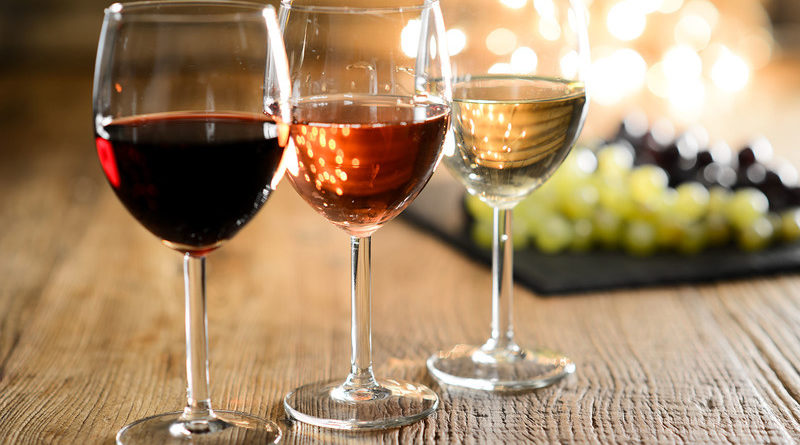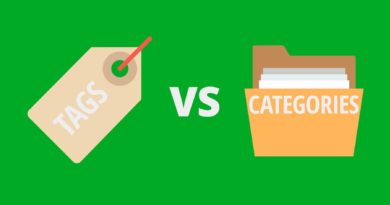How to Incorporate Wine to Your Diet Plan?
Drinking wine is many things. It’s something to share with friends, a cozy way to relax, and a perfect complement to sumptuous meals. But you might not often hear is that your favorite bottle of wine can also be a part of your diet plan.
For many people who are on a lose-weight diet, they think that cutting off wine out of their diet is necessary. However, there are some reasons why you should reconsider this idea.
While minimizing your alcohol intake is certainly in order, there are medical pieces of evidence that show drinking wine moderately can be beneficial. Several factors prove the benefits of adding wine to your diet plan even beyond the proven medical implications of drinking wine.
Benefits of adding wine to your diet plan
What Scientific Studies Has to Say About Wines
According to the study published in the Archives of Internal Medicine found, initially, normal-weight women with light to moderate consumption of alcoholic beverages like wines had a lower risk of becoming obese and/or overweight and gained less weight during 12.9 years of follow-up compared to nondrinkers.
This specific study seems to suggest that women can balance food and wine consumption appropriately. Another research conducted by the Journal of Biological Chemistry found out that a substance called piceatannol found in red wine has the ability to obstruct the formation of fat cells. Even though the research is still in the preliminary stage, those who participated in the study experienced an 80% reduction in fat cell formation after consuming piceatannol.
Of course, other factors could have influenced these two results. But there could be a few other components at work here.
Tannins Can Be Filling
Tannins are one of the primary components of wine, especially red wine. These substances render added structure to the wine, which gives it that drying, mouth-puckering qualities. This quality is the product of tannin’s astringent action on the lining of your mouth. It’s something that literally draws your skin tightly together.
Now think about what will happen to your stomach if you drink wine before the meal. Tannins will work their magic on the lining of your stomach and draw it a bit tighter, which causes you to feel full even if you haven’t eaten yet.
Further, tannins are more concentrated on red wines such as Pinot Noir, Merlot, or Syrah, all of which are also rich in antioxidants.
Wine Aficionados Will Appreciate Small Indulgences
Cutting wine out of your meal routine may seem like a sacrifice. But cutting mediocre wine and making an occasional indulgence to excellent point wines out of your diet may be more satisfying than what you’re thinking.
Just like how a piece of delicious chocolate is far better than a whole bar of ordinary chocolate, a glass of your favorite wine is better than a bottle of wine that you don’t like or feel strongly about.
The same logic also applies when you pair a delicious meal with great wine. By putting this thought into occasional meals, you’re already thinking about the food you eat. And while it’s not scientific in manner, having this respect and appreciation for what you eat and drink will help you identify the foods that you might not need in your diet meal plan.
At the end of the day, the decision of whether or not to add a wine to your diet is all up to you. If you feel that you can balance the food you eat with your alcohol intake, then trying it is not a problem.
A Glass of Wine Will Help You Savor Your Meal
Eating too fast may lead to overeating because you might not notice that you’re full not until you’ve finished the entire meal. The key to becoming aware if you’re full or not is to eat slowly.
There are a lot of ways to do it, from having several small courses during a meal instead of one big one and chewing thoroughly. But including a glass of wine to your meal can also do wonders.
Add a glass of your favorite wine and take your time to learn about it throughout the meal. Taste it and find out how it works with your meal. Doing so will help you add enough time to make you feel stuffed and tell your brain to stop eating before you’re full.
Takeaway
Dieting is already taxing enough if it means cutting back or giving up your favorite foods. More so with doing it without an occasional drink for comfort. It can be quite impossible for some dieters.
While most diets impose a zero-tolerance rule against drinking wine and other alcoholic drinks, some encourage, even allow moderate alcohol consumption. Experts even say that diet plans that permit drinking may be easier to follow to stick to than their more stringent counterparts.




